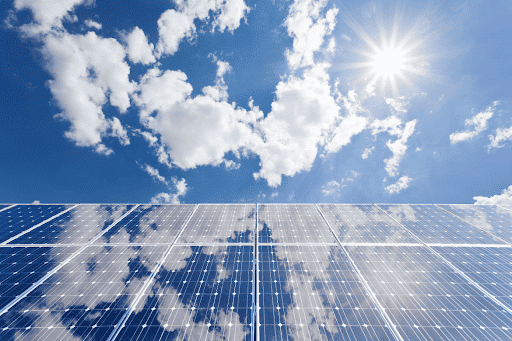Solar energy is one of the fastest-growing sources of renewable energy in the world. However, despite its increasing popularity, several myths and misconceptions still circulate, deterring some people from making the switch. In this blog, we’ll debunk the top 10 myths about solar energy and shed light on the truth behind these common misconceptions.
1. Myth: Solar Panels Don’t Work in Cloudy or Cold Climates
Debunked: One of the most pervasive myths is that solar panels are ineffective in cloudy or cold climates. The truth is that solar panels rely on sunlight, not heat, to generate electricity. Even in cloudy conditions, they can still produce power, albeit at a reduced capacity. Countries like Germany, which has a relatively cold and cloudy climate, are among the world leaders in solar energy adoption.
2. Myth: Solar Panels Are Too Expensive
Debunked: While solar panels were costly a decade ago, prices have significantly decreased in recent years. The cost of solar installations has dropped by more than 70% over the past decade, making solar energy more affordable than ever. Additionally, many governments offer incentives, tax credits, and financing options to reduce the upfront costs, making solar a viable option for many homeowners.
With the recent expansion of EV charging infrastructure, including Now EV serving Milton Keynes, more homeowners in the area are finding it easier than ever to pair solar energy with electric vehicle charging, making the transition to a sustainable lifestyle even more seamless.
3. Myth: Solar Panels Require a Lot of Maintenance
Debunked: Solar panels are designed to be low-maintenance. With no moving parts, they require minimal upkeep—typically just an annual cleaning to remove dust or debris. Most solar panels come with warranties that last 20-25 years, further reducing the concern about long-term maintenance.
4. Myth: Solar Panels Will Damage My Roof
Debunked: Properly installed solar panels do not damage roofs. In fact, they can protect the portion of the roof they cover from weathering. Professional installers ensure that the panels are securely mounted, and any penetrations made for installation are thoroughly sealed to prevent leaks.
5. Myth: Solar Energy is Inefficient
Debunked: Solar technology has advanced significantly, with modern solar panels achieving efficiency rates of 15-22%. While no energy system is 100% efficient, solar panels convert a substantial amount of sunlight into usable electricity, enough to significantly reduce or eliminate your electricity bills.
6. Myth: Solar Panels Are Ugly
Debunked: While aesthetics are subjective, the design of solar panels has evolved. Many homeowners find modern solar panels sleek and unobtrusive. Moreover, companies are developing solar shingles and other integrated solar solutions that blend seamlessly with roofing materials, enhancing the overall appearance.
7. Myth: Solar Panels Don’t Last Long
Debunked: Solar panels are built to last. Most panels come with a 25-year warranty, but they can continue to generate electricity well beyond that period, with some panels still performing at 80% of their original capacity after 25 years.
8. Myth: Solar Energy Is Only for the Wealthy
Debunked: Solar energy is increasingly accessible to a wide range of income levels. With lower costs and financing options, solar panels are not just for the wealthy. Community solar programs and solar leases also allow renters and those without upfront capital to benefit from solar energy.
9. Myth: Solar Panels Can’t Power My Entire Home
Debunked: Depending on your energy needs and the size of your solar system, solar panels can indeed power your entire home. Even if you can’t install enough panels to cover 100% of your electricity use, a smaller system can significantly reduce your dependence on the grid.
10. Myth: Solar Energy Isn’t Reliable
Debunked: Solar energy is incredibly reliable, especially when combined with energy storage solutions like batteries. Battery storage allows homeowners to store excess energy generated during the day for use at night or during power outages, ensuring a consistent and reliable power supply.




